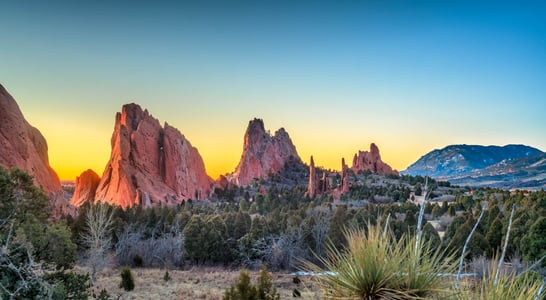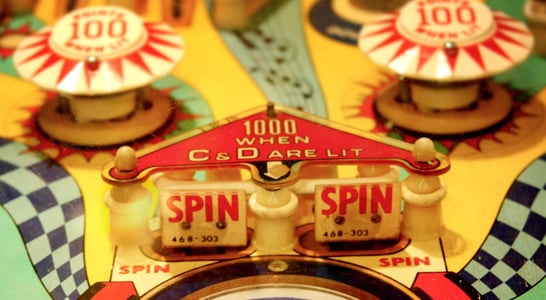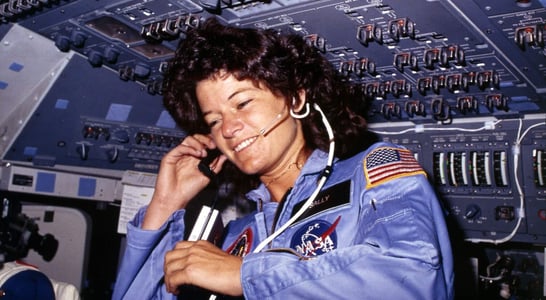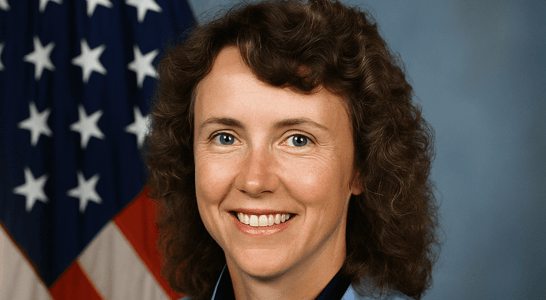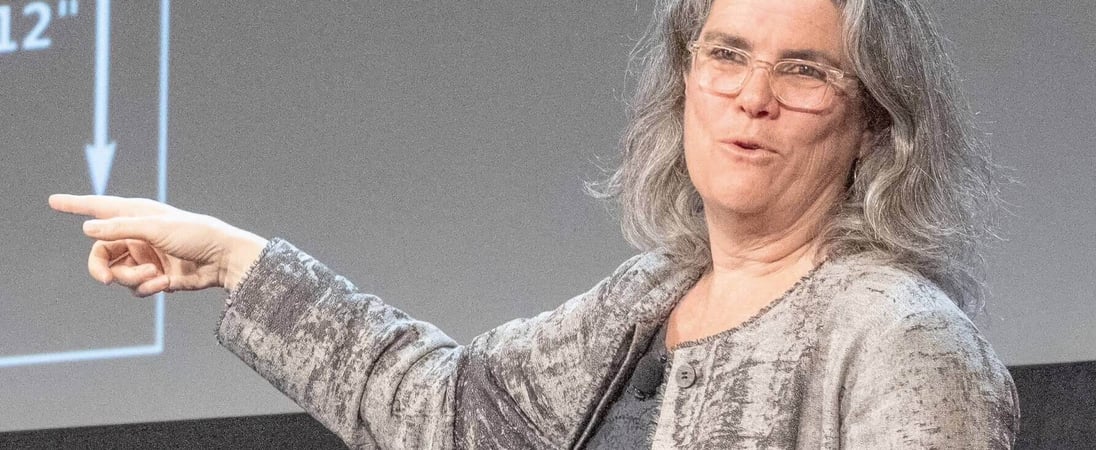
National Woman Astronomers Day
Unveiling cosmic mysteries, fearless minds navigate celestial realms, revealing the profound contributions of women in astronomy.
While the field of astronomy continues to be underrepresented by women, at only around 15%, there are a number of women in the field throughout history who have made quite a name for themselves. From an early Ancient Roman woman astronomer called Hypatia of Alexandria to the modern-day Jill Tarter who inspired the main character from Carl Sagan’s novel Contact, women scientists have been integral in the human understanding of astronomy.
National Woman Astronomers Day brings honor and respect to the women in this scientific field who operate as a minority but continue to make a huge difference!
History of National Woman Astronomers Day
National Woman Astronomers Day takes place on this date as a nod to the first American female astronomer, Maria Mitchell, who was born on August 1, 1818. Mitchell was the first American astronomer to discover a comet, for which she received a gold medal prize awarded by the King of Denmark. Mitchell was a fascinating woman in that she did not have a college education, but she eventually became the first female professor of astronomy when she was appointed to teach at Vassar College.
Like Mitchell, many women in the past who were interested in astronomy were not able (or sometimes not allowed!) to study formally in educational institutions. Instead, they often worked as assistants to men in the field of astronomy, physics and mathematics, making their talents known through hard work. In many cases, men were even given credit for work that women did and discoveries they made.
Thankfully, in today’s modern world, more women have access to education and careers in the scientific fields than ever before. Instead of simply becoming an assistant or relying on a man to promote their work, women in astronomy can make their own way in the world!
National Woman Astronomers Day celebrates the wide range of achievements accomplished by women in the world of astronomical science, from discovering and cataloging comets to writing vital textbooks about physics and science. In addition, this day is here to shine a light on the importance of inclusion of all people in science, no matter their gender, race, nationality or other factors.
National Woman Astronomers Day Timeline
4th century AD
Hypatia of Alexandria is born
This Neoplatonist atronomer lives in the Roman Empire and is a prominent thinker and teacher in astronomy and philosophy.[1]
1702
First woman to discover a comet
Maria Winkelmann Kirch is a German astronomer who also becomes the first woman to discover a comet.[2]
1847
Maria Mitchell discovers her comet
Mitchell uses a two-inch telescope to discover “Miss Mitchell’s Comet”, becoming the first American to discover a comet. [3]
2017
Mary Somerville appears on the Scottish banknote
Scottish astronomer and mathematician, Mary Somerville (1780–1872) is honored with her image on the £10 note.
2020
Andrea Ghez is awarded the Nobel Prize
This American astronomer receives the Nobel Prize in Physics, the first woman to receive this prize for astronomical study. [4]
How to Celebrate National Woman Astronomers Day
Considering ideas, plans or activities on how to engage with National Woman Astronomers Day? Check out some of these ideas to get started:
Visit an Observatory
An excellent activity to enjoy in observance of National Woman Astronomers Day might be for parents, grandparents or teachers to take the children on an outing to an observatory. Getting young children involved with and interested in the stars, celestial bodies and space is an investment in the future.
Both boys and girls can enjoy learning what it is like to use telescopes, gaze into space and consider everything that they see. Kids can also participate in activities and contests that go along with the day, like contests to draw a favorite woman astronomer. In light of this day, it is especially important to teach young girls that they are not only capable but also would be welcomed to pursue a career in any science, including astronomy!
Learn More About Woman Astronomers
One of the best ways to show some honor and celebrate National Woman Astronomers Day might be to learn a bit about some of the most famous astronomers who were (and are!) women. Head on over to the local library and grab some books that expand on the subject, or do a little bit of online research to learn more. Check out some facts about these woman astronomers to get started with:
- Andrea Ghez (Born 1965). This American astronomer, astrophysicist, and professor who was awarded the Nobel Prize in 2020 for her collaborative work related to a supermassive black hole.
- Cecelia Payne- Gaposchkin (1900-1979). It was through this woman astronomer’s work (the first woman to earn a PhD in astronomy at Harvard) that people understood the composition of stars to be mostly hydrogen and a small amount of helium.
- Wang Zhenyi (1768-1797). Secretly educated at a time when there was a ban on learning for women in China, Zhenyi was fascinated with the study of eclipses.
- Émilie du Châtelet (1706-1749). With the privilege of access to the tutors at Louis XIV’s court, Émilie wrote several treatises on science and physics, as well as translating Isaac Newton’s theories into French and then expanding on them.
Gift a Young Girl with a Telescope
Beyond simply taking her to an observatory, girls who are interested in astronomy might be encouraged to pursue their interests even more if they have access to a telescope at home. Of course, some high end telescopes can cost thousands of dollars, but it’s possible to get a kid-friendly one for less than $100 that can be used by someone as young as ten years old. Along with her telescope, a girl interested in astronomy would benefit from some books on the subject geared toward her age, as well as notebooks to record her findings.
Join an Astronomical Society
Woman astronomers can represent within their field by making sure they are involved with the various societies and unions that are available, whether national organizations local chapters or based on where the person lives and works. The American Astronomical Society, the International Astronomical Union, and the Royal Astronomical Society are just a few of the possibilities for woman astronomers to get involved on a professional level.
Attend an Astronomy Event
Throughout the year, many events take place that woman astronomers can participate in to learn more about or advance themselves in the field. Whether amateurs who are simply interested in astronomy as a hobby or professionals who are advancing in the field, there is always something to learn and discover when it comes to space and the stars!
Another exciting day of the year to celebrate along these lines is International Day of Women and Girls in Science, taking place on February 11.
National Woman Astronomers Day FAQs
Who was the first female American astronomer?
The first internationally-known American woman to work as a professional astronomer was Maria Mitchell, in the mid-19th century.[1]
How much does a woman astronomer make?
The average astronomer salary in the US is over $120,000, but because of the gender pay gap, a woman astronomer probably only makes $110,000 on average.[2]
What do woman astronomers do?
Whether male or female, astronomers study stars, planets, and other celestial bodies that are in space. [3]
Are astronomers scientists?
Yes, astronomy is a field of natural science that studies celestial objects and phenomena.
Do astronomers go to space?
Astronomers study what is in space but the vast majority of them don’t go to space.
Also on ...
View all holidaysNational Mountain Climbing Day
Scaling heights, conquering challenges, the crisp air, and breathtaking vistas—a symphony of nature's grandeur unfolds in ascent.
International Beer Day
Sharing laughs with friends over a refreshing, bubbly, golden pint is a classic recipe for good times and memorable moments.
Colorado Day
Nestled in the heart of the Rockies, this state offers outdoor adventures galore, from mountain hikes to scenic drives.
National Pinball Day
Get lost in the kinetic dance of lights and steel, navigating obstacles, chasing scores—a pinball symphony of thrill.
We think you may also like...
International Women in Mining Day
Exploring underground, these resilient women delve into the Earth's depths, extracting treasures that shape industries and communities.


